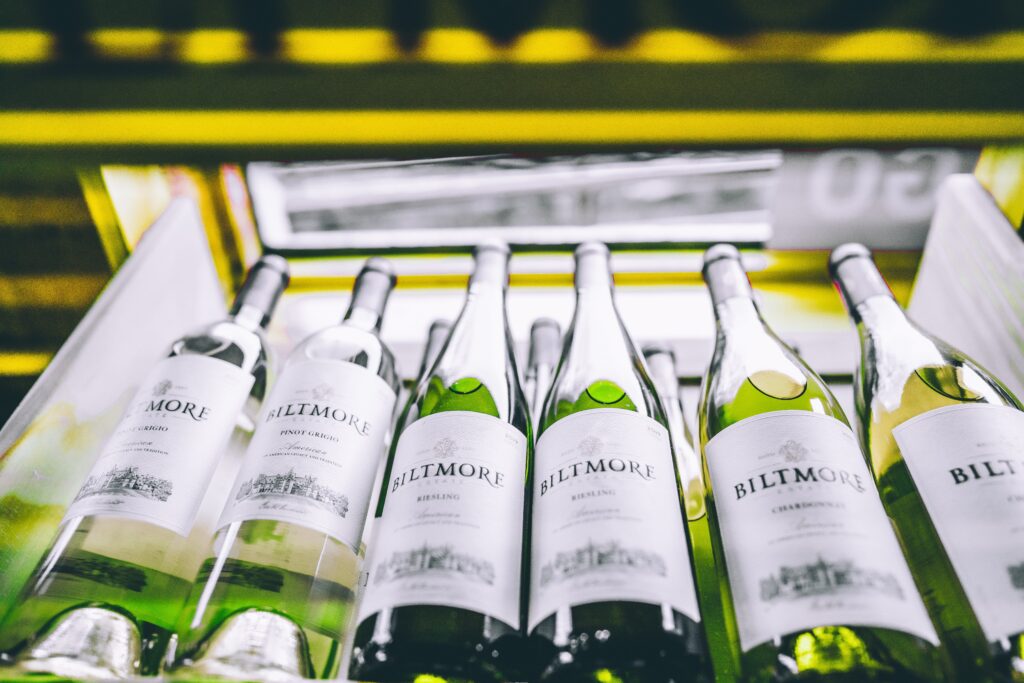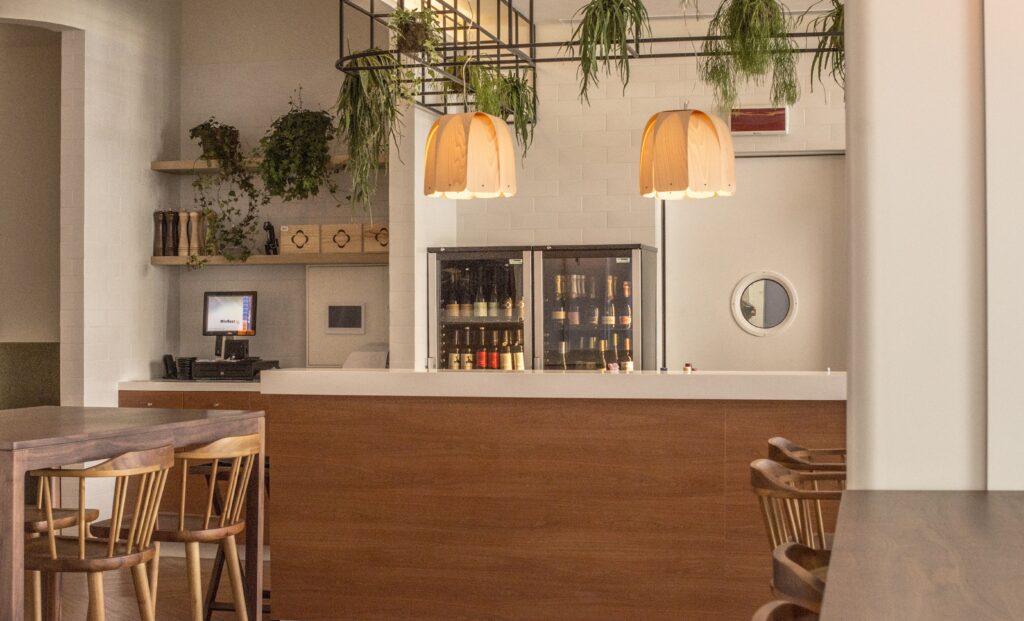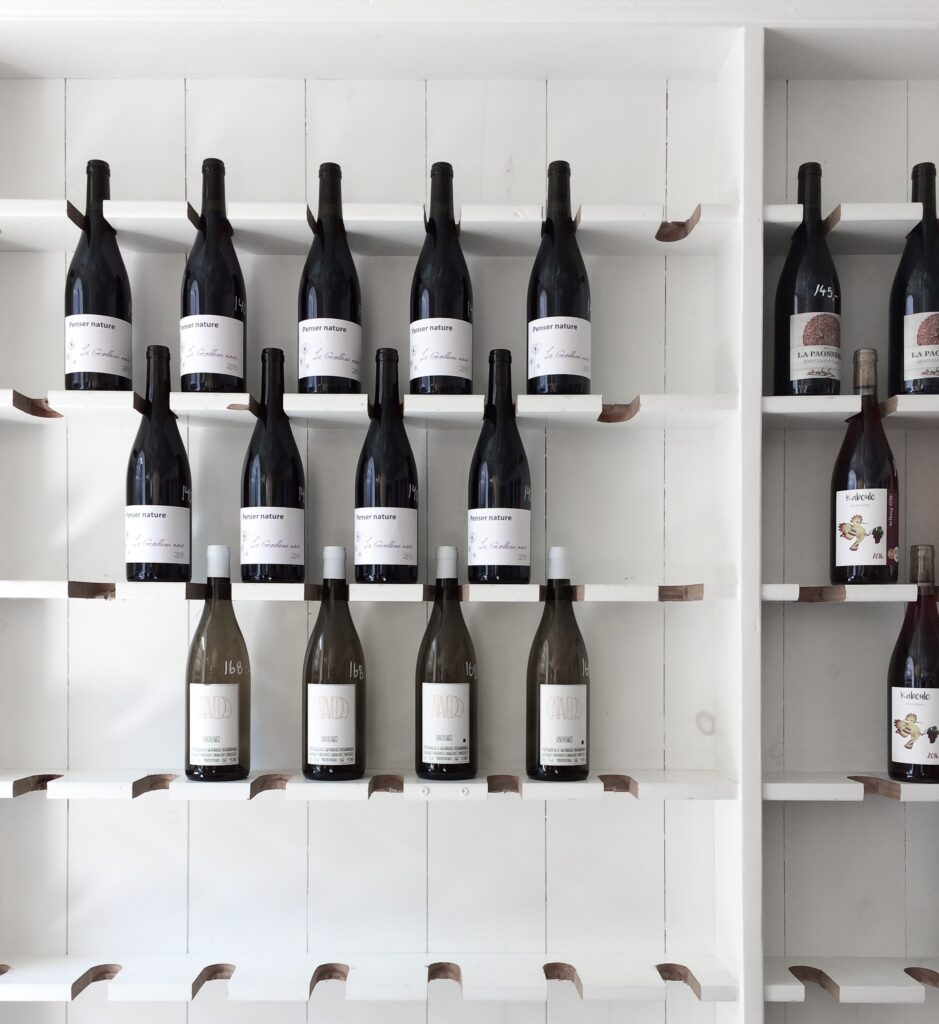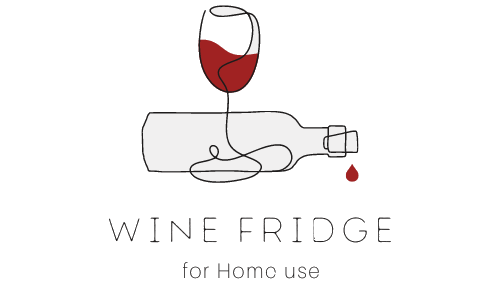In this article, we will discuss the benefits of using a wine fridge to preserve the taste and aroma of your wine. You will learn how the right temperature and humidity levels can enhance the flavor and longevity of your favorite wines. Additionally, we will explore the importance of proper storage and the role of insulation in maintaining the desired conditions. By the end, you’ll have a better understanding of how a wine fridge can be a valuable investment for any wine enthusiast.
Temperature Control
The ideal temperature for storing wine is between 45 and 65 degrees Fahrenheit. A wine fridge is designed with temperature control in mind, ensuring that your wine is stored at the optimal temperature for preservation.
Maintaining Ideal Temperature
By keeping your wine at a consistent and cool temperature, a wine fridge helps to preserve the taste and aroma of the wine. Fluctuations in temperature can cause the wine to expand and contract, affecting the integrity of the cork and potentially allowing oxygen to seep into the bottle. This can lead to oxidation and spoilage of the wine.
Preventing Temperature Fluctuations
A wine fridge is equipped with a built-in thermostat, allowing you to set and maintain a specific temperature. It ensures that the temperature remains constant, preventing any sudden changes that could harm the wine. This stability is crucial for preserving the delicate flavors and aromas of the wine over time.
Humidity Regulation
Humidity levels play a vital role in wine preservation. A wine fridge helps to maintain optimal humidity levels, preventing mold and dryness.
Maintaining Optimal Humidity Levels
A wine fridge is designed to maintain a humidity level of around 70%. This ideal humidity range helps to prevent the cork from drying out, which can lead to air entering the bottle and causing spoilage. It also helps to keep the wine labels intact and legible.
Preventing Mold and Dryness
In areas with high humidity, mold can grow on wine bottles and labels, causing irreparable damage. On the other hand, low humidity can lead to the evaporation of wine, resulting in dry corks and potential leakage. A wine fridge ensures that the humidity is regulated, preventing both mold growth and the drying out of corks.

Vibration Reduction
Vibrations are a commonly overlooked factor in wine storage, but they can have a significant impact on the taste and aroma of the wine. A wine fridge minimizes wine disturbance, preserving flavor stability.
Minimizing Wine Disturbance
A wine fridge is designed to reduce vibrations that can be caused by appliances, foot traffic, or even loud music. These vibrations can disrupt the aging process of the wine and hinder its flavor development. A wine fridge provides a stable environment, free from unnecessary disturbances, allowing the wine to develop and mature naturally.
Preserving Flavor Stability
When wine is continuously subjected to vibrations, it can cause the particles in the wine to suspend and mix, altering the flavor profile of the wine. By minimizing vibrations, a wine fridge helps to maintain the wine’s original flavor stability, preserving its taste and aroma.
Light Protection
Exposure to light, especially ultraviolet (UV) rays, can be harmful to wine. A wine fridge offers protection from light, preventing oxidation.
Shielding from UV Rays
UV rays can break down the organic compounds present in wine, ultimately leading to oxidation and a loss of flavor. A wine fridge is usually equipped with UV resistant glass doors that protect the wine from harmful light exposure. This helps to maintain the wine’s quality and prevent premature aging.
Preventing Oxidation
When wine is exposed to light, specifically UV rays, it can cause a chemical reaction within the wine. This reaction leads to oxidation, causing the wine to spoil and lose its aroma and taste. A wine fridge provides a dark and sheltered environment, effectively preventing light-induced oxidation.

Proper Storage Position
The way in which wine is stored can greatly impact its preservation. A wine fridge ensures that the bottles are positioned correctly to avoid cork drying out and wine oxidation.
Avoiding Cork Drying Out
When a wine bottle is stored upright, the cork can dry out, allowing air to enter the bottle and spoil the wine. A wine fridge typically has racks that allow wine bottles to be stored horizontally, ensuring that the cork remains moist and airtight. This vital storage position helps extend the longevity of the wine.
Preventing Wine Oxidation
When wine is exposed to oxygen, it can cause oxidation, resulting in a loss of flavor and aroma. By storing wine horizontally in a wine fridge, the liquid is kept in constant contact with the cork, preventing oxygen from permeating the bottle. This helps to maintain the wine’s freshness and preserve its taste and aroma.
Freezing Prevention
Extreme temperatures can be detrimental to wine preservation. A wine fridge helps to prevent wine spoilage and preserve wine quality.
Avoiding Wine Spoilage
If wine is subjected to freezing temperatures, it can expand and potentially cause the bottle to crack or break. This can result in wasted wine and a loss of flavor. A wine fridge ensures that the temperature remains consistent and above freezing, protecting the wine from spoilage.
Preserving Wine Quality
Wine that has been exposed to extreme cold temperatures can have altered flavors and aromas. By storing wine in a wine fridge at the appropriate temperature range, the quality of the wine is preserved, allowing you to enjoy it at its best.

Air Circulation
Proper air circulation is necessary for wine preservation. A wine fridge promotes proper ventilation, preventing musty odors.
Promoting Proper Ventilation
A wine fridge is designed with ventilation systems that circulate air evenly throughout the unit. This allows for proper air circulation around the bottles, reducing the likelihood of musty odors developing. Proper ventilation also helps to prevent mold growth, ensuring the wine remains in optimal condition.
Preventing Musty Odors
A lack of airflow can lead to stagnant air, resulting in musty odors that can permeate the wine bottles. By promoting air circulation, a wine fridge prevents the development of unpleasant odors, allowing the wine to maintain its natural freshness and aroma.
Conclusion
A wine fridge is a valuable tool for anyone who appreciates the taste and aroma of wine. By maintaining the ideal temperature, humidity, and protecting the wine from light and vibrations, a wine fridge helps to preserve the integrity and quality of the wine. Additionally, the correct storage position, prevention of freezing, and promotion of air circulation all play key roles in ensuring the longevity of the wine. Investing in a wine fridge is an investment in the preservation of your favorite bottles, allowing you to enjoy them at their finest for years to come. Cheers to the perfect glass of wine, made possible by a wine fridge!
